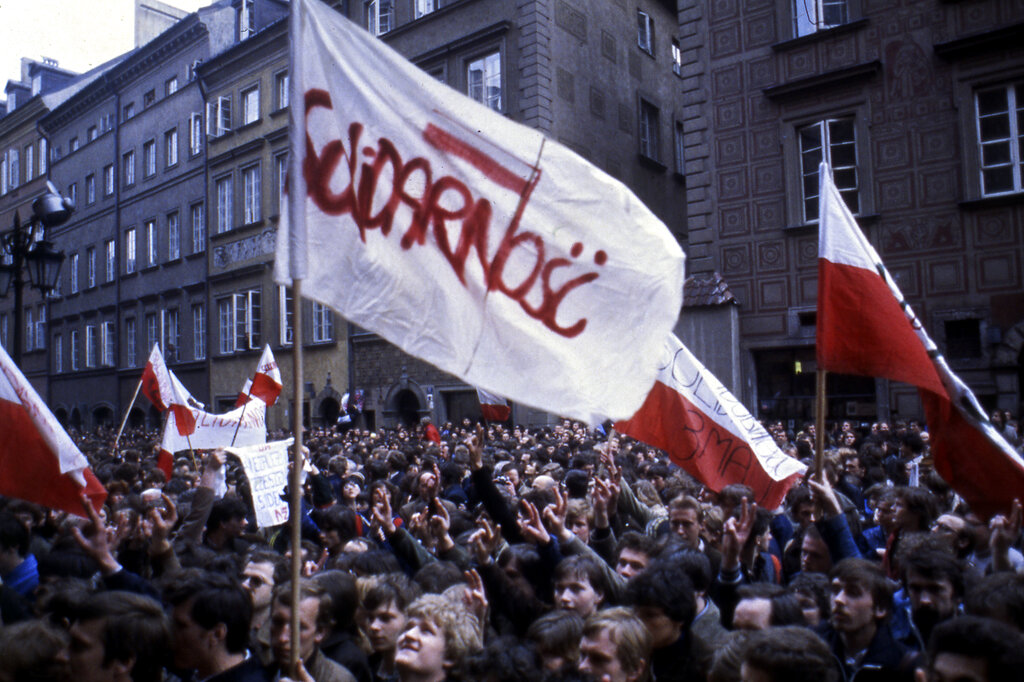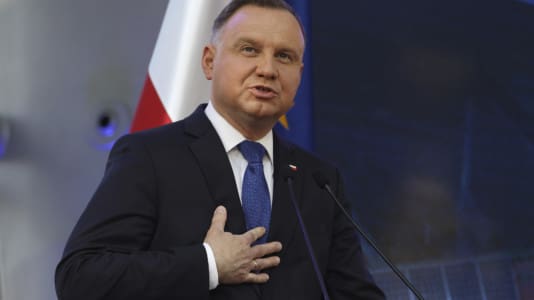Poland’s intelligentsia as a category of people is virtually extinct, with capitalism, liberal democracy, globalization, the EU, and pop culture all contributing to its demise, Polish MEP Prof. Ryszard Legutko has claimed.
According to Legutko, the raison d’etre of the intelligentsia in Poland for years was the readiness to build national identity and the state being threatened by external forces. In the absence of institutions, these people took up the duty of the survival of the nation. This was done by academics and members of other professions. They did not just concentrate on their areas of expertise but deliberately sought to educate themselves and others more widely.
Today, Polish society is comprised of narrow specialists with little interest in books, poetry, music, and philosophy, Legutko claimed.
“We have convinced ourselves that we do not need to look beyond our own areas of expertise as there is no threat and the world is moving inexorably in the direction of equality, globalization, high technology, and liberation of desires. The humanities have become marginalized in favor of narrow specializations. Spending time on reading, taking an interest in history and poetry has been replaced by celebrity culture.”
Legutko claimed the celebration of pop culture has devastated the public sphere, with the elites now dumbed down in terms of language and customs. They have followed the herd rather than lead it, and language has become brutalized and vulgar.
But there is an even more important factor, Legutko said.
A large part of the existing cultural elites in Poland wants to abandon Polish consciousness in favor of another perspective. In this way, they are close to the communist elites who tried to create a new man and negate national consciousness, the MEP argued, adding that resistance in the underground and during the Solidarity revolution of the 1980s reintroduced the ethos of the intelligentsia. Samizdat publications; private seminars; and an uprising of consciousness, history, and civil values were the result and were buttressed by Pope John Paul II and the rise of Solidarity.
“It did not survive democracy. Back came the attempt to change national consciousness. Polish traditions again are seen as backward and a source of embarrassment. This is why there are attempts to rehabilitate communist Poland and even the time of the 18th century partitions as periods necessary for the modernization of society. This also resonates well with an almost religious belief in the EU and the desire for it to control Polish society.”
“It is paradoxical that this feeling of superiority over the common man is mixed with the slavish following of social and cultural trends imported from abroad and international institutions. The Polish elites are all too willing to criticize Poles but never question any norms coming from the EU, as these are automatically assumed to be modern and good.”
Legutko concluded by saying he was wrong to feel that the Polish intelligentsia would survive, and admitting that he himself had overestimated the influence of Solidarity as a movement on Polish elites; he also failed to see how the elites were dominated by a mixture of pride and servility. He added that he had not properly appreciated the power of the “liberal democratic bulldozer” over Polish national consciousness, but revealed he sees one last faint hope that some form of intelligentsia will be reborn in opposition to this “bulldozer.”






